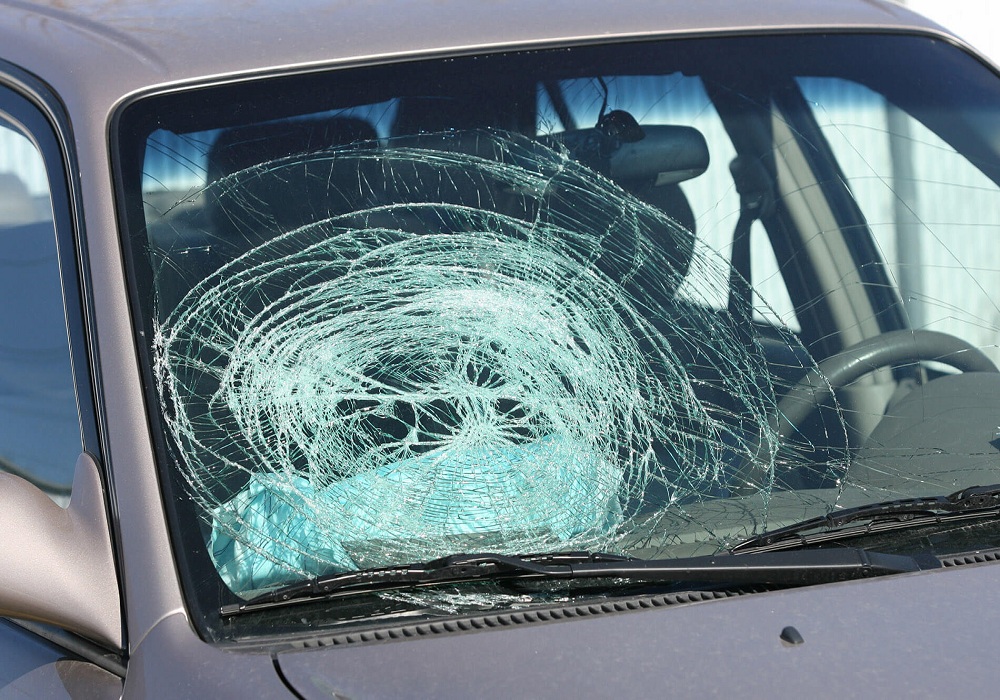It’s not unusual to feel like you’re living in your automobile. You get around town by car every day. Pick up and drop off the kids at various locations. Go grocery shopping. Run errands… The list continues.
Due to the hectic nature of the day, your car may end up serving as a depository for various items. However, it’s not a good idea to get in the habit of utilizing your automobile as a makeshift storage unit. In addition to making you a target for auto thieves, exposure to extreme heat or cold can damage your belongings.
With that in mind, we’ve compiled a list of seven items that you should never leave in your car to help keep your vehicle and its contents safe.
Food & Drink
The cork on a bottle of wine is only the beginning. Soda cans, for instance, pose a problem whether the car is hot or cold. Dunn adds that you should not forget about anything that might easily melt in the heat and create a mess, such as candy bars or ice cream. However, this threat does not only apply to the upholstery in your automobile.
The FDA reports that at room temperature, bacteria that cause food poisoning can replicate every 20 minutes. So don’t keep groceries or leftovers in a heated car for more than 2 hours, or only an hour when it’s over 90 degrees.
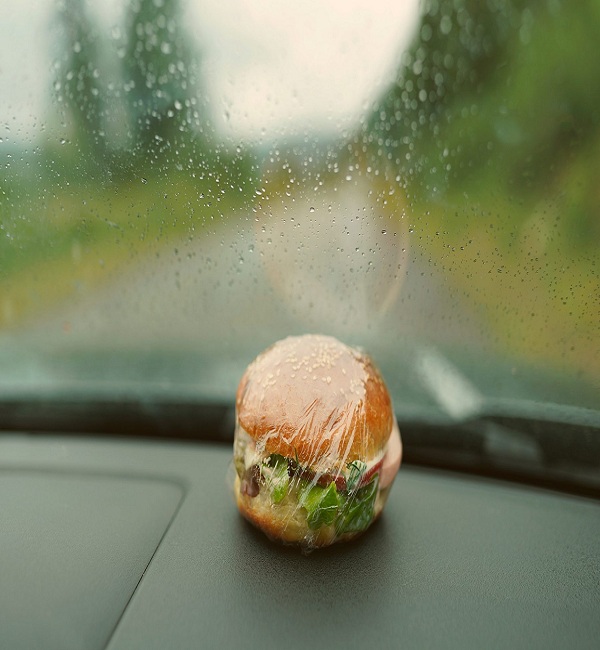
Aerosol Cans
Hairspray, deodorant, spray paint, and other aerosol products typically have storage temperature recommendations printed on the can. Because beyond that temperature zone, the contents may expand, potentially cracking or exploding the can, pressurized cans are especially delicate.
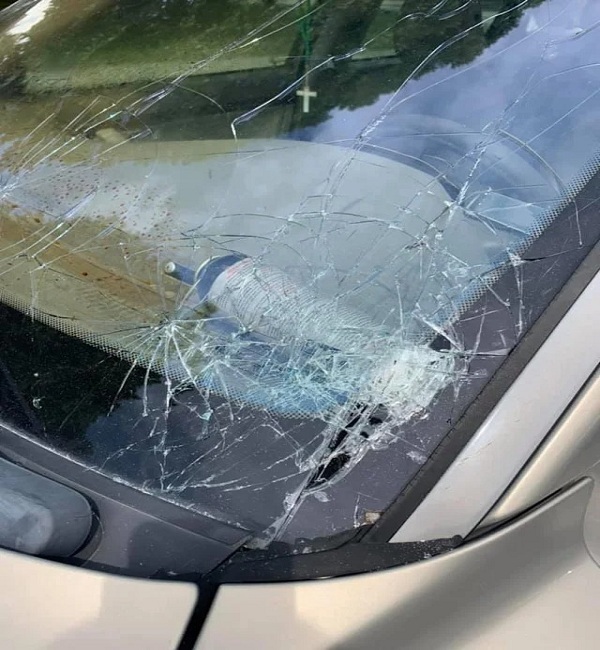
Batteries
Because of the risk of capacity loss, leakage, and breakage, battery manufacturers advise against exposing their goods to prolonged periods of high temperature. According to the CDC section that supervises toxic substances, battery acid is deadly when inhaled and very corrosive. It’s best to avoid getting any acid on your car’s console or upholstery.

Lighters
Lighters are deceptively powerful when overheated, despite their diminutive size. Intense heat causes the gasoline inside these tiny plastic tubes to expand, which can cause the lighter casing to crack.
While it’s debatable whether or not the car’s interior temperature would be high enough to trigger combustion, why take the chance? For the most part, it’s important to avoid transporting flammable liquids, especially in the summer.
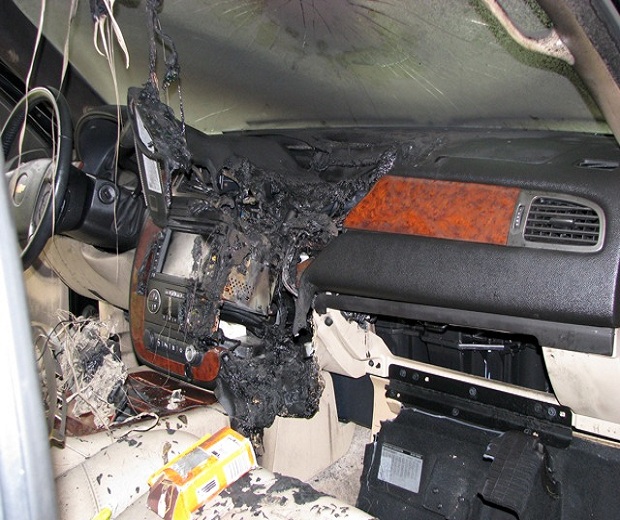
Plastic Bottles
In a viral video posted by Idaho Power, a car seat catches fire after being exposed to the sun through a clear plastic water bottle. Bisphenol A (BPA), a chemical present in most transparent plastics, may, however, pose a higher threat.
The FDA insists that current exposure levels to BPA in food are safe. However, studies have shown that higher temperatures increase the release of BPA from plastics, so don’t risk adding more of this chemical to your beverage.
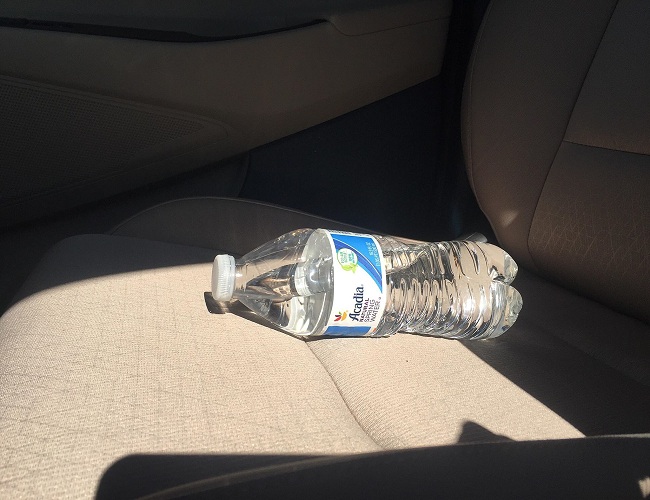
Electronics
You wouldn’t leave the house without your phone, so why expose it to the heat of a car? There are many warnings from phone makers about leaving your phone in a hot or cold car, which can cause it to shut down or become damaged.
Also, NEVER, EVER, even for a minute, leave a child or an animal in a car by themselves.

Sunscreen
While it’s a good idea to keep some sunscreen on hand at all times, the CDC advises against leaving the container in a hot car (CDC). Your protective SPFs may lose their effectiveness and become a stinky slop if the heat opens the cap.


